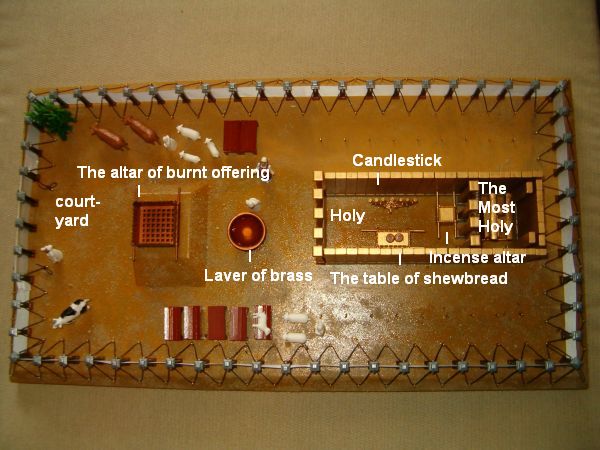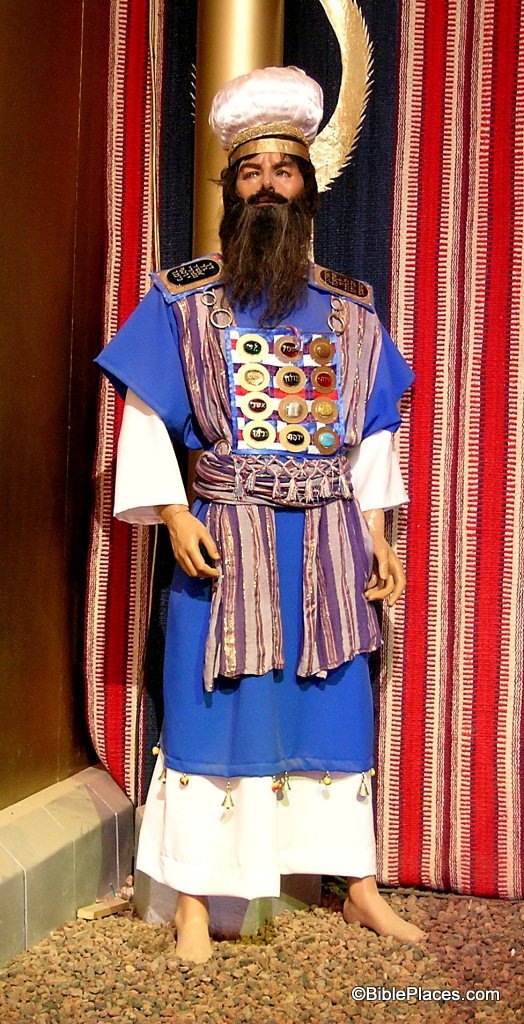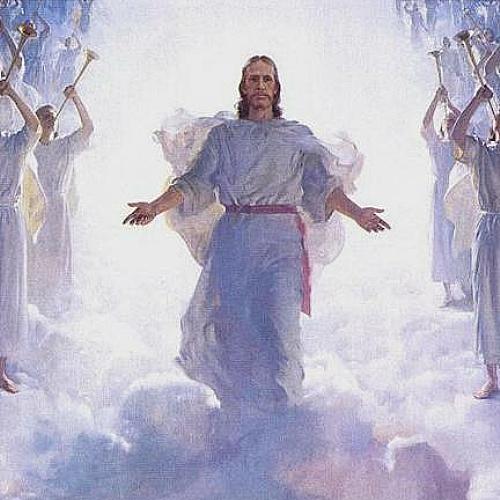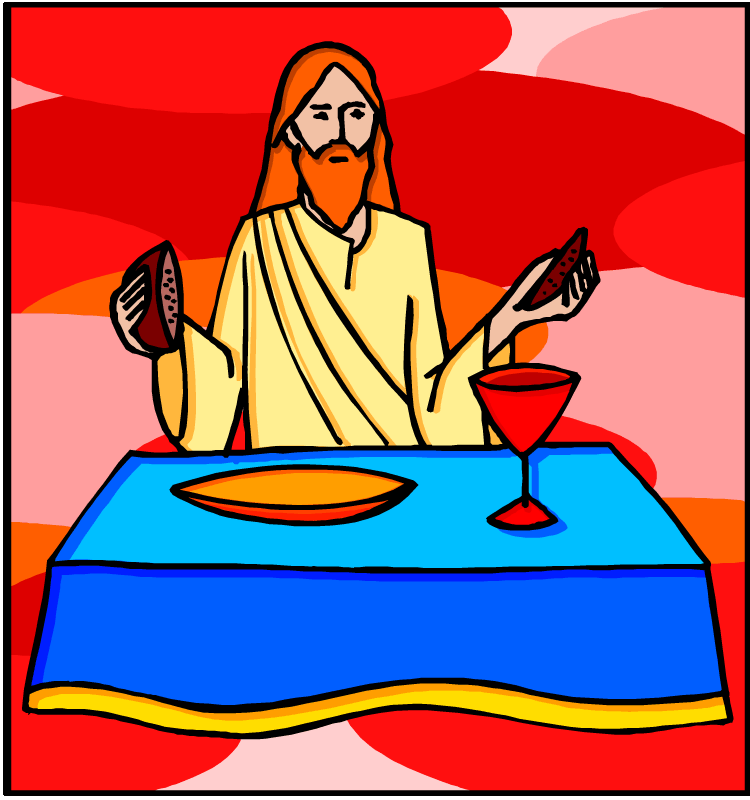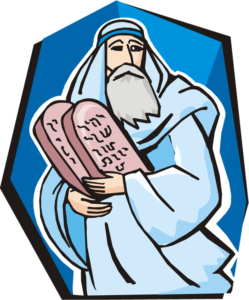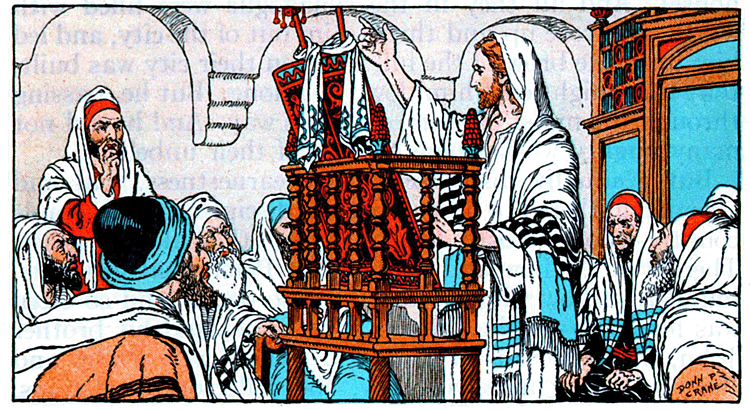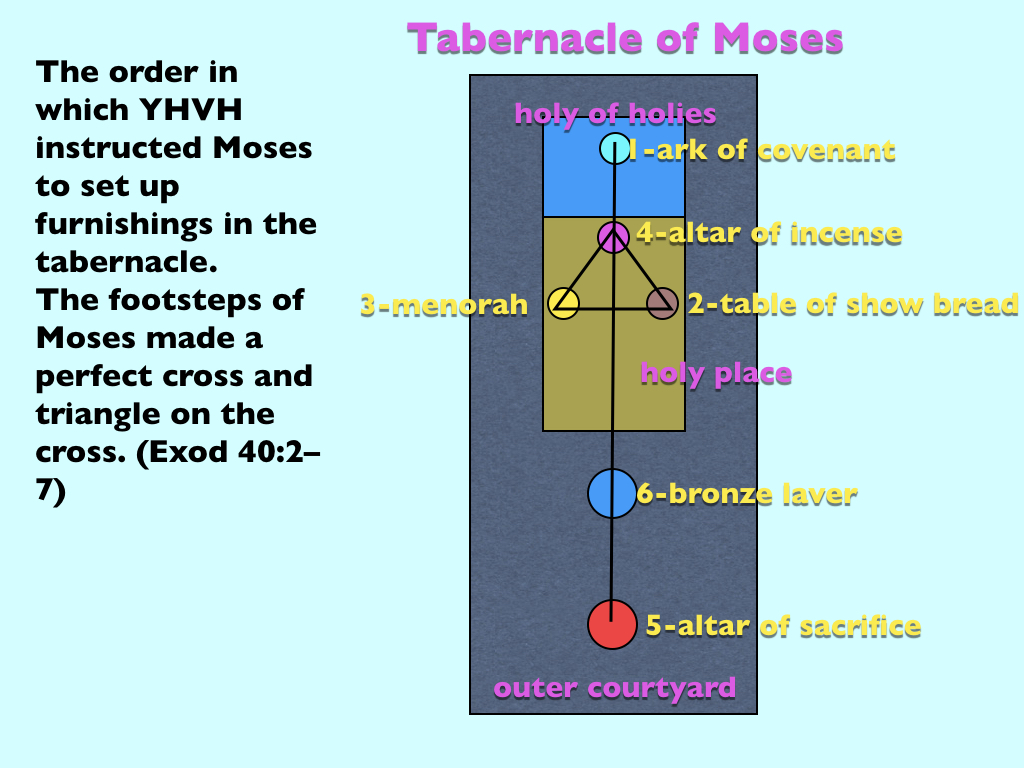
Exodus 40:1, You set up the tabernacle. This verse implies that Moses set up the tabernacle single-handedly without any help. To what does this point prophetically? (Read Hebrews 3:3–6.)
Exodus 40:2–7, Set up the tabernacle. YHVH’s instructions to Moses to set up the furnishings in the tabernacle followed a particular order. In fact, if one traces Moses’s footsteps in doing so, it forms an interesting geometric pattern that is highly significant spiritually. Let’s explore this.
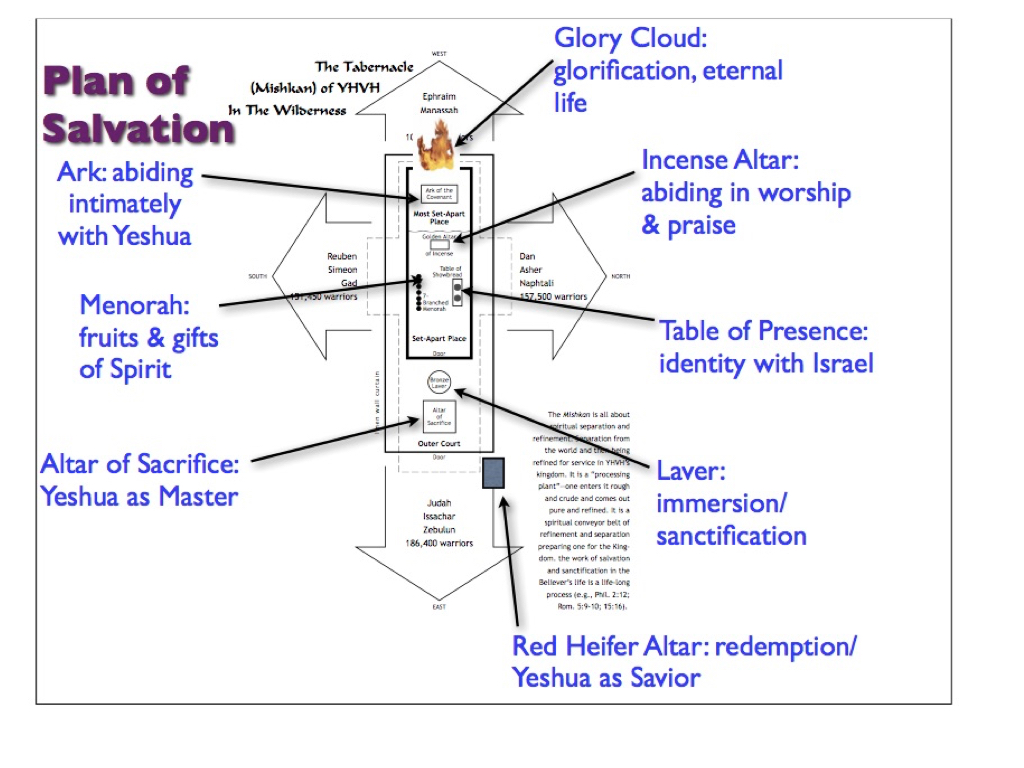
In placing the furnishings in the tabernacle, Moses first started in the holy of holies where he set up the ark of the covenant. After this, he went into the holy place and over to the right side where he set up the table of show bread. He then moved across to the left side of the holy place and set up the menorah. Next, he moved to the center of the holy place in front of the curtain or veil separating the holy place from the holy of holies where he set up the altar of incense. After this, Moses made a straight line and exited out of the tabernacle itself into the outer courtyard we he set up the altar of sacrifice. Having done this, Moses then set up the bronze laver, also in the outer courtyard just in front of the door leading into the tabernacle. If you trace Moses’ steps and make a line in the dirt, what is the outline?
The outline of Moses’ movements makes a triangle on a cross with the base of the triangle forming the arm of a cross. The base of cross corresponds to the altar of sacrifice, while apex of the triangle corresponds to the altar of incense and the top of the cross, which extends past the apex of the triangle is where the testimony in the holy of holies is. Why did YHVH instruct Moses to set up the tabernacle’s furnishings in this order, and not another order? What is the spiritual significance of this particular pattern? How does it relate to you and me? Let’s unpack this.
The base of this arrow is at the altar of sacrifice representing Yeshua’s death on the cross atoning for our sins. Next, the arrow points us to the bronze laver picturing a believer’s next step in his spiritual walk which is baptism for the remission of sins and legally identifying with Yeshua’s death, burial and resurrection, as well as receipt of Elohim’s Set-Apart Spirit and the washing of our lives by the water of the Word of Elohim. Next we come to the menorah picturing the Spirit of life in Yeshua the Messiah as the new believer manifests begins evidencing the fruits of the redeemed life, which is the fruits and gifts of the Spirit, which shine like a light into the dark world around us. Next we come to the table of the showbread picturing the regathering and unification of the tribes of Israel around the table of Yeshua’s body in sweet fellowship and covenantal relationship. Through the Messiah of Israel, the scattered tribes are regathered and can pray to and worship Elohim together unified at the altar of incense as they prepare to enter into the eternal kingdom of YHVH Elohim’s presence as pictured by the holy of holies under the glory cloud of YHVH himself.
The way to Elohim through Yeshua the Messiah is laid out in the Tabernacle of Moses making the outline of a cross and an arrow that points heavenward. This goes to show us that the tabernacle is, in reality, a giant gospel tract that shows sinful man the way of salvation leading to his glorification as immortal sons and daughters of YHVH Elohim, our Father in heaven.
Your way, O Elohim, is in the sanctuary; Who is so great a El as our Elohim? (Psalm 77:13)
Exodus 40:34, The glory of YHVH filled the tabernacle. The glory cloud that covered the tabernacle signaled YHVH’s approval of the work that was done. Had the Israelites not followed all of YHVH’s minute construction instructions would he have inhabited the tabernacle? Is there a lesson to be learned from this? Could YHVH’s anointing on our lives be greater if our obedience to YHVH’s instructions were greater?
